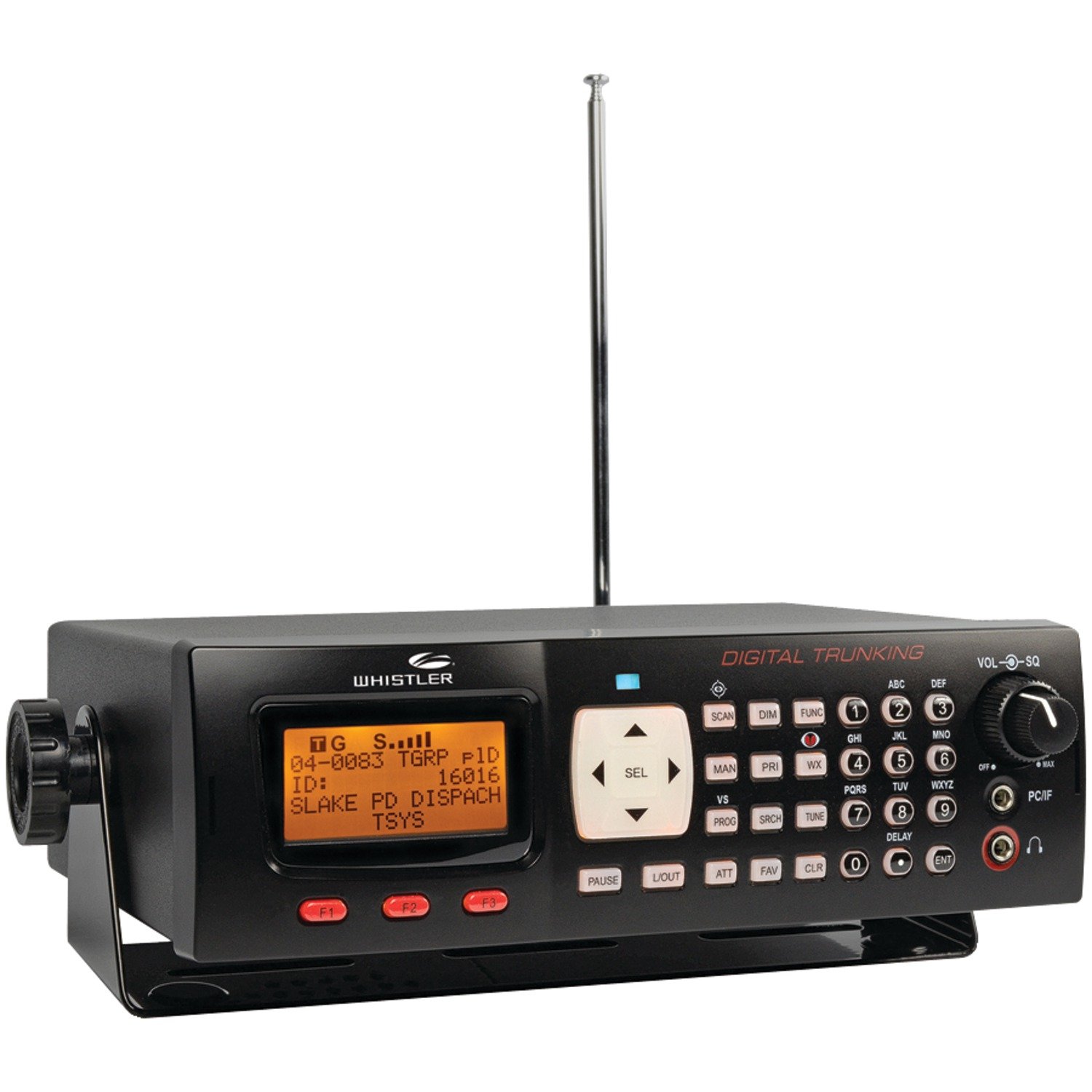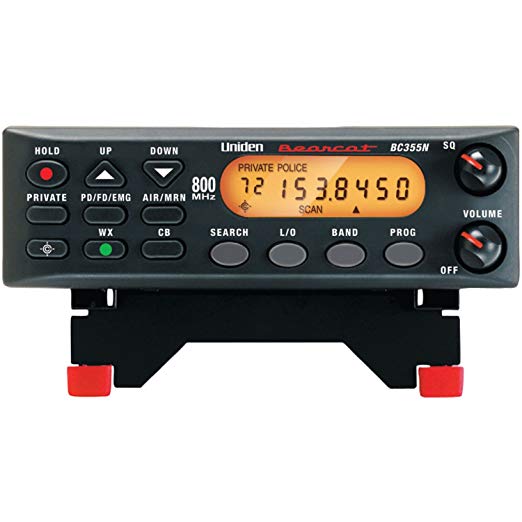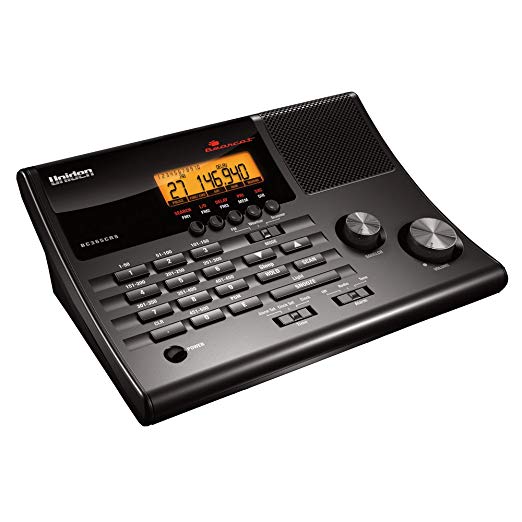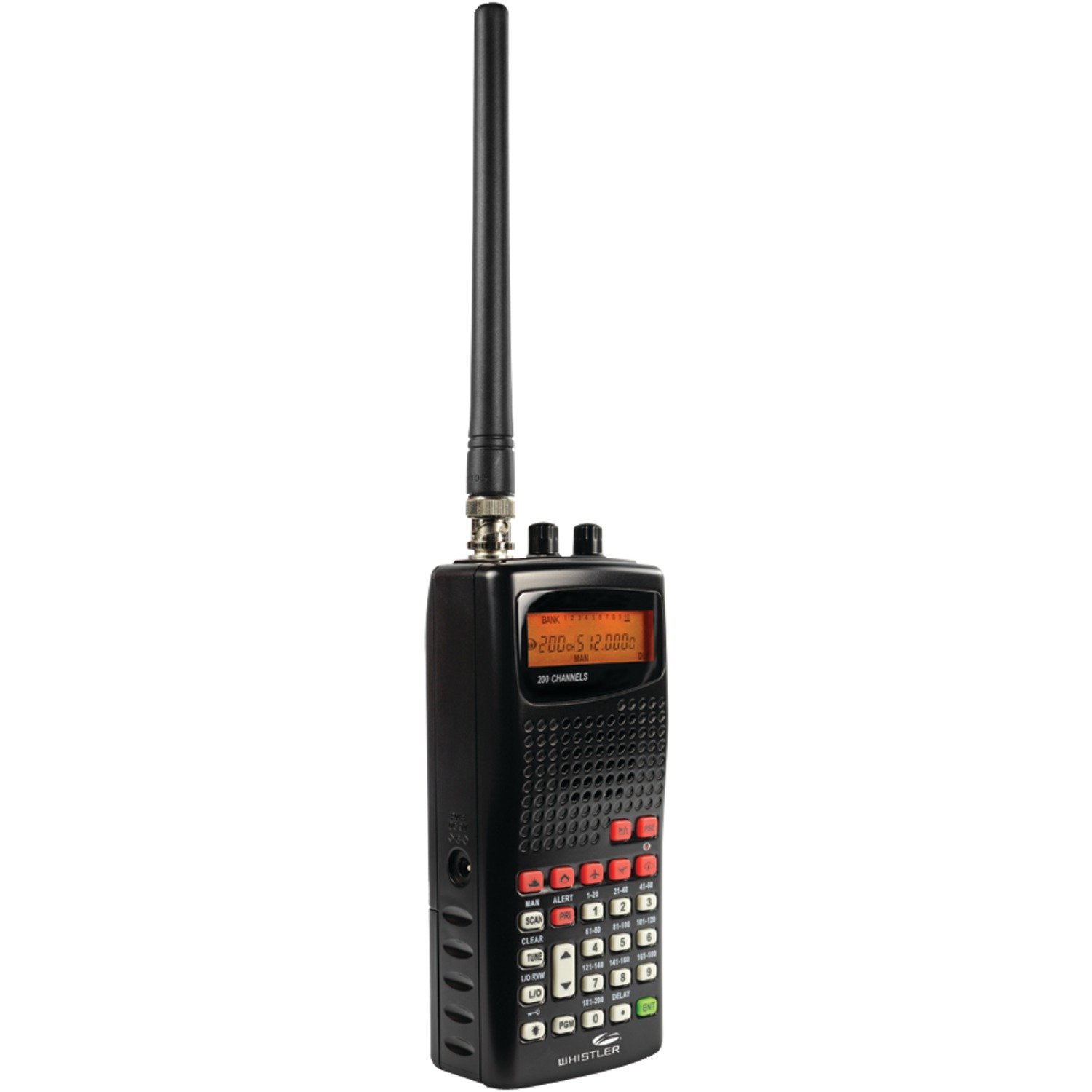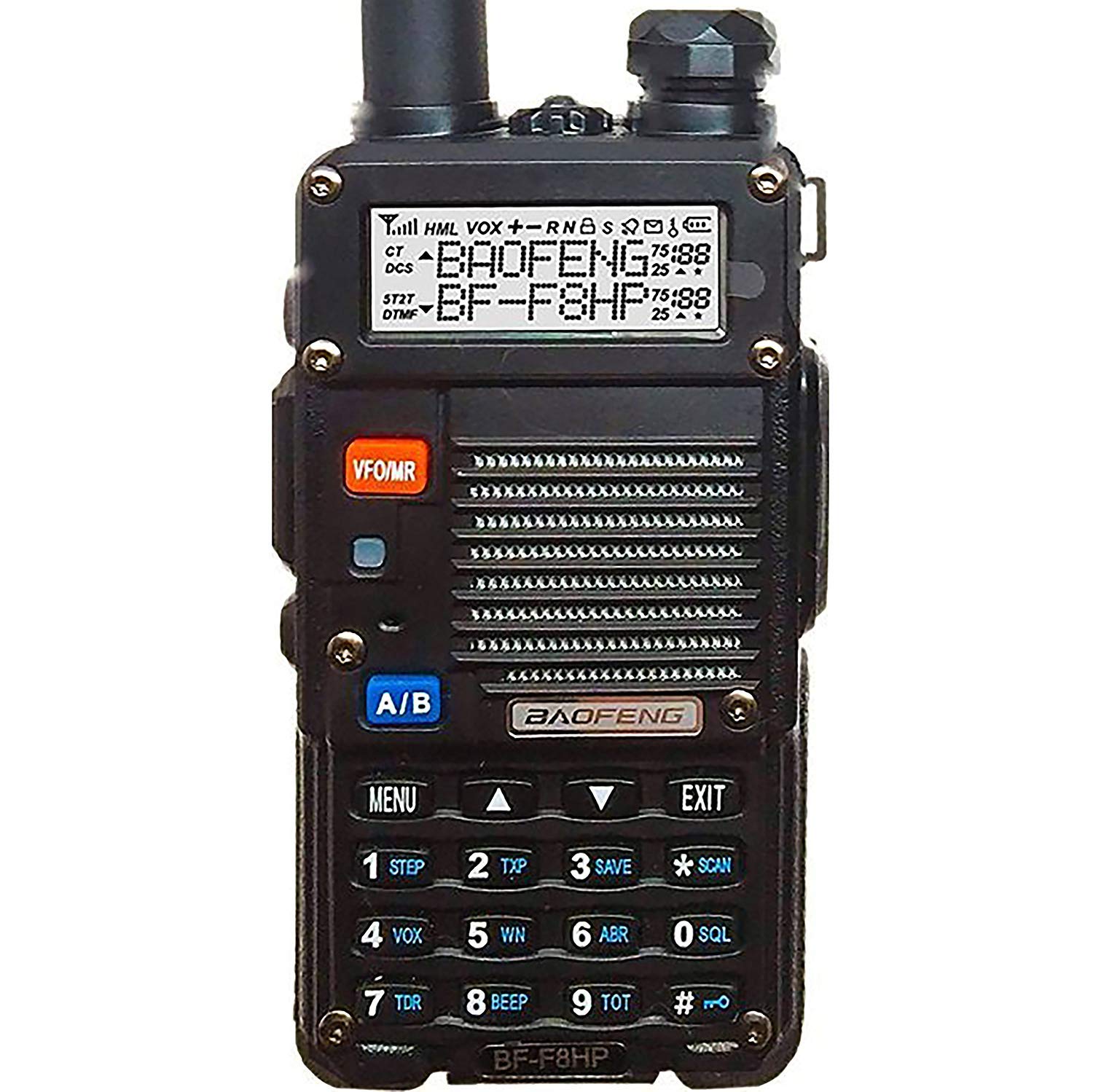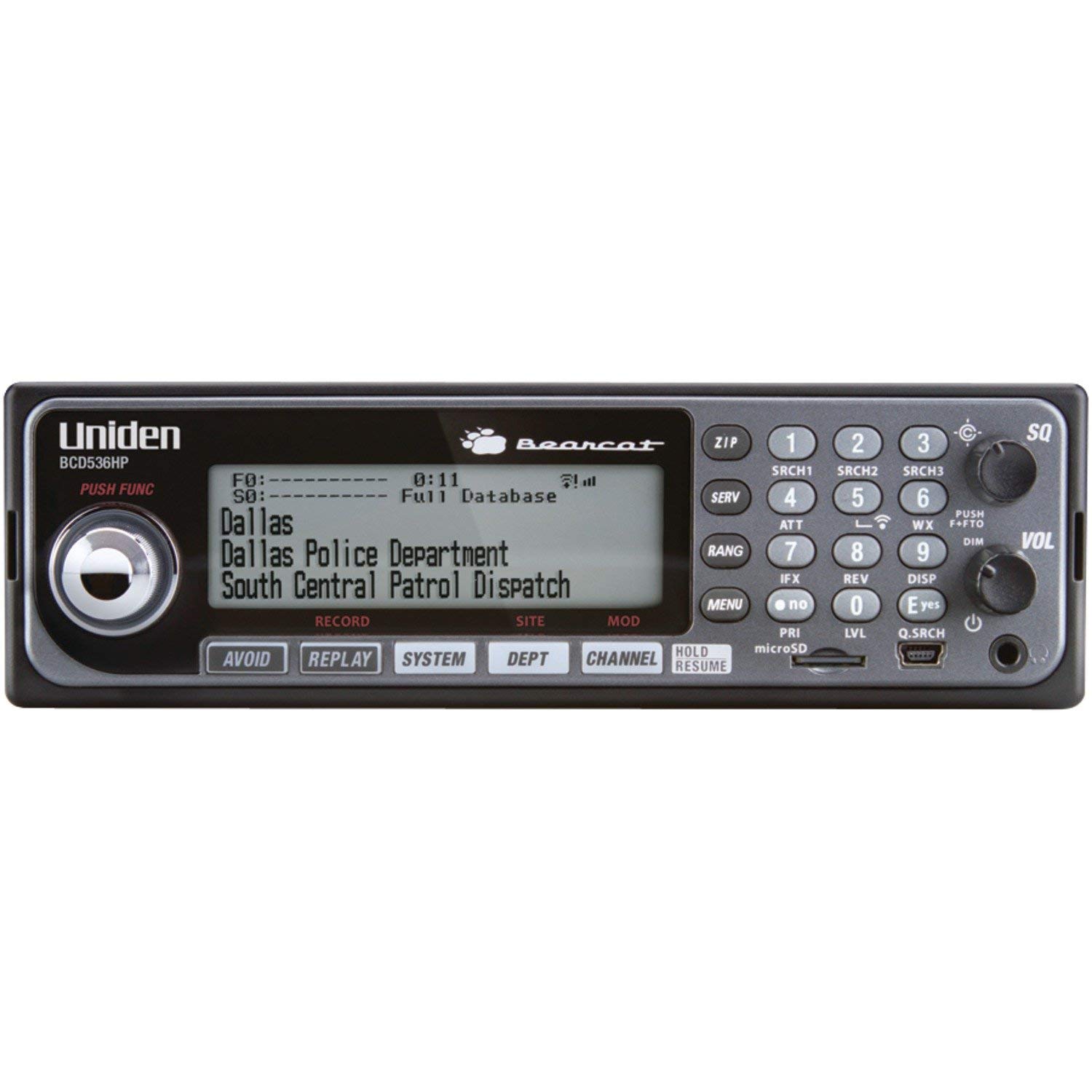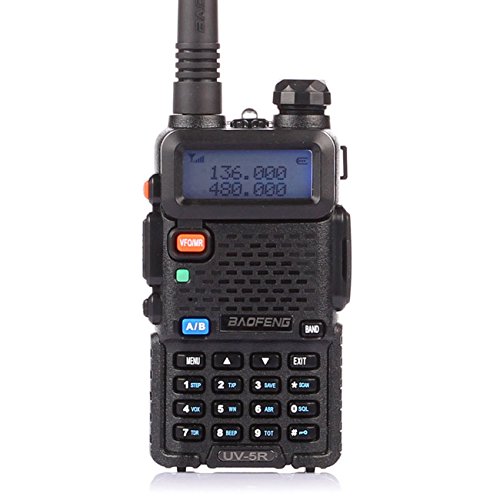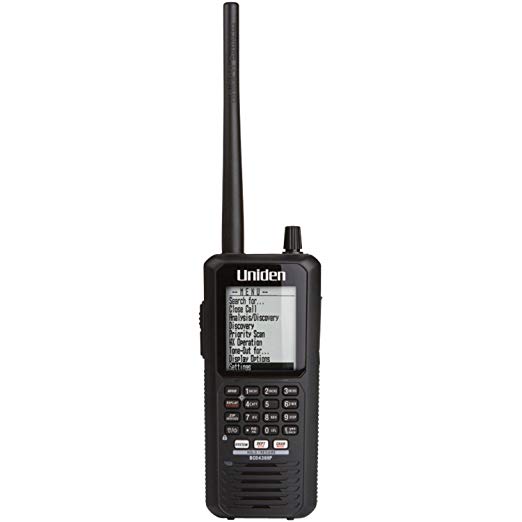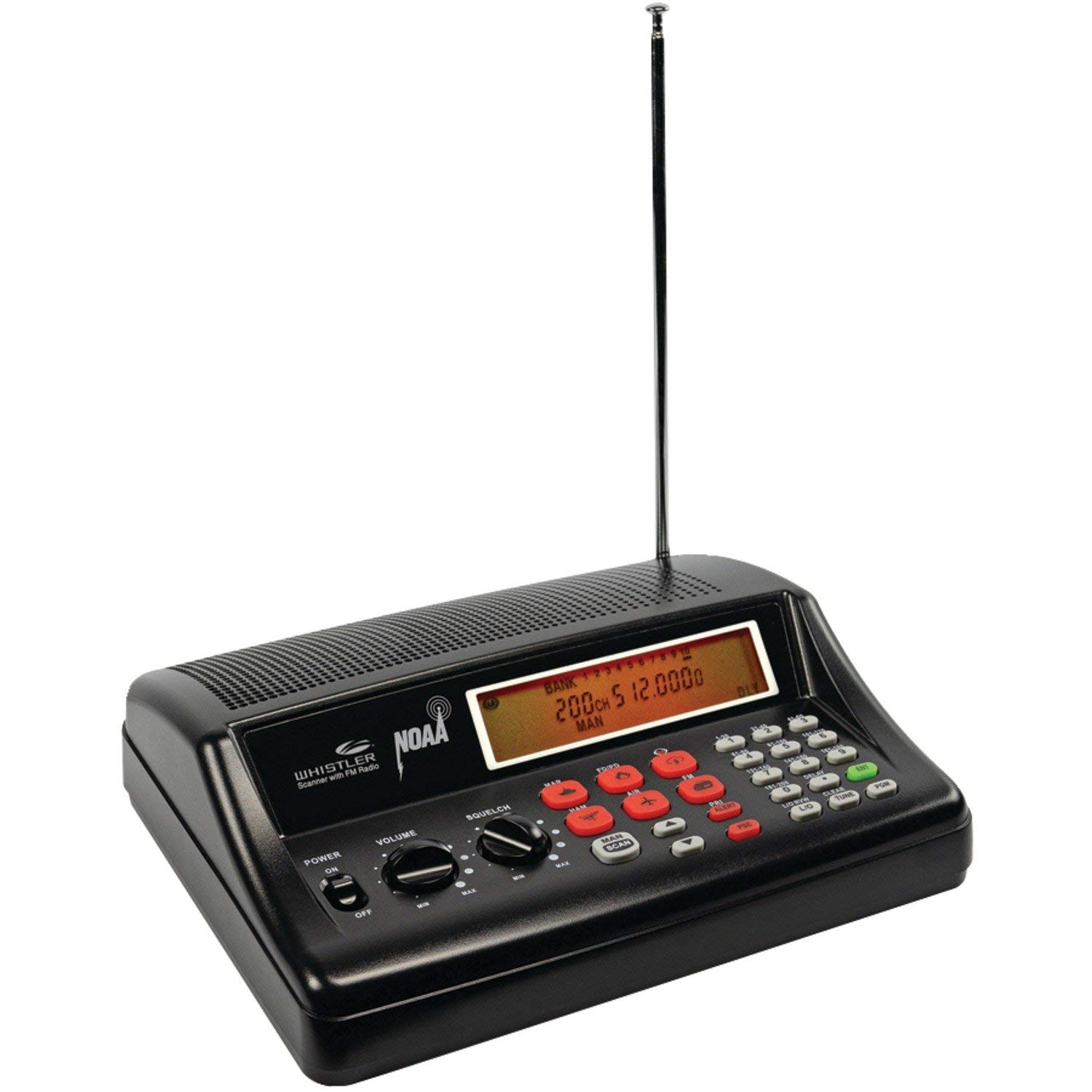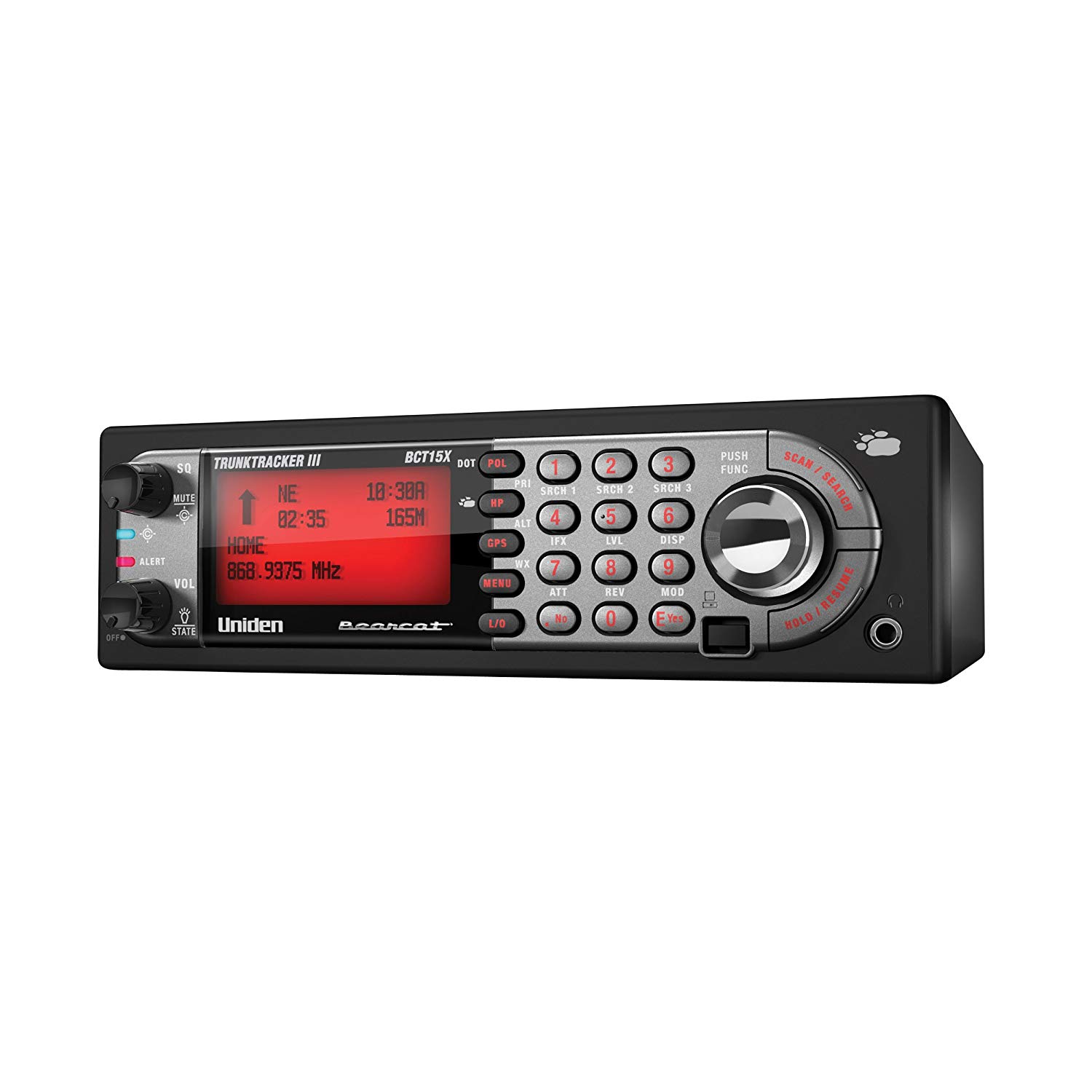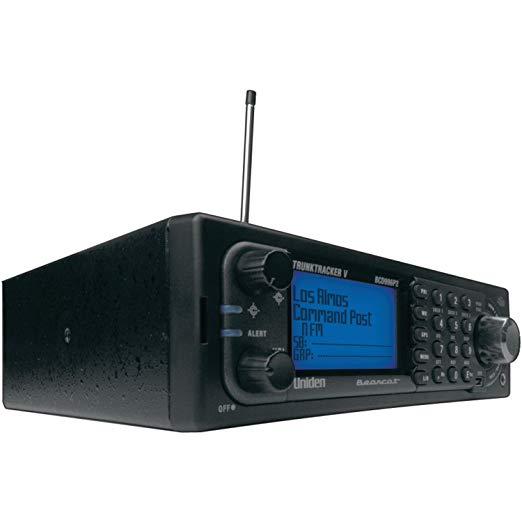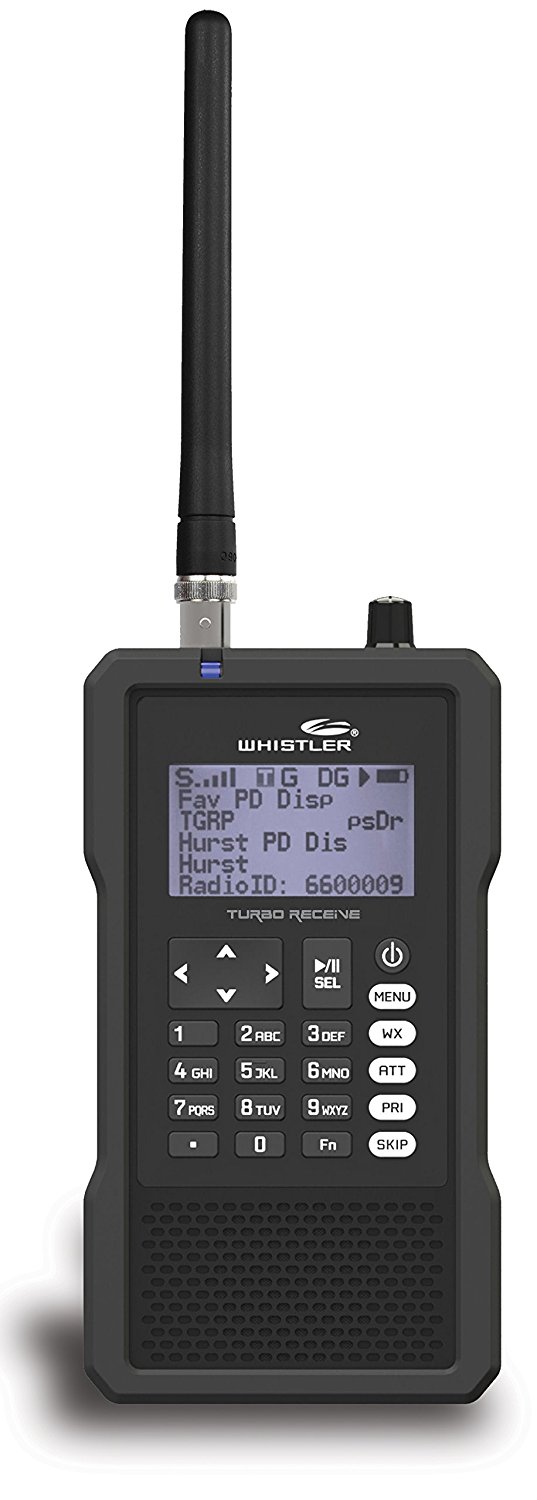Whistler WS1065 Desktop Digital Scanner
Last updated: December 31, 2019
Police scanners can go above and beyond real-time alerts. This Whistler WS1065 Desktop Digital Scanner lets you hear storm reports before they're broadcast on TV or radio. The pre-programmed, nationwide database will get you scanning in seconds.
We looked at the top Police Scanners and dug through the reviews from some of the most popular review sites. Through this analysis, we've determined the best Police Scanner you should buy.
Product Details
Key Takeaway: The Whistler WS1065 Desktop Digital Scanner takes care of alerts on the ground and in the skies.
In our analysis of 57 expert reviews, the Whistler WS1065 Desktop Digital Scanner placed 2nd when we looked at the top 13 products in the category. For the full ranking, see below.View our Police Scanner buying guide for in-depth advice and recommendations.
